Editor’s note: This post has been updated with new information.
Memorial Day weekend has passed, and the summer travel season is here. The Transportation Security Administration screened nearly 10 million passengers over the four-day holiday weekend, including a post-pandemic daily record of more than 2.7 million travelers on Friday, May 26.
As millions of travelers take trips by plane, cruise ship or road this summer, we’ve gathered some essential travel tips on how best to book and enjoy your journeys.
Whether you’re an occasional road-tripper or a frequent globe-trotter, these TPG-backed top travel tips can help you avoid unnecessary headaches when you spend time away from home.
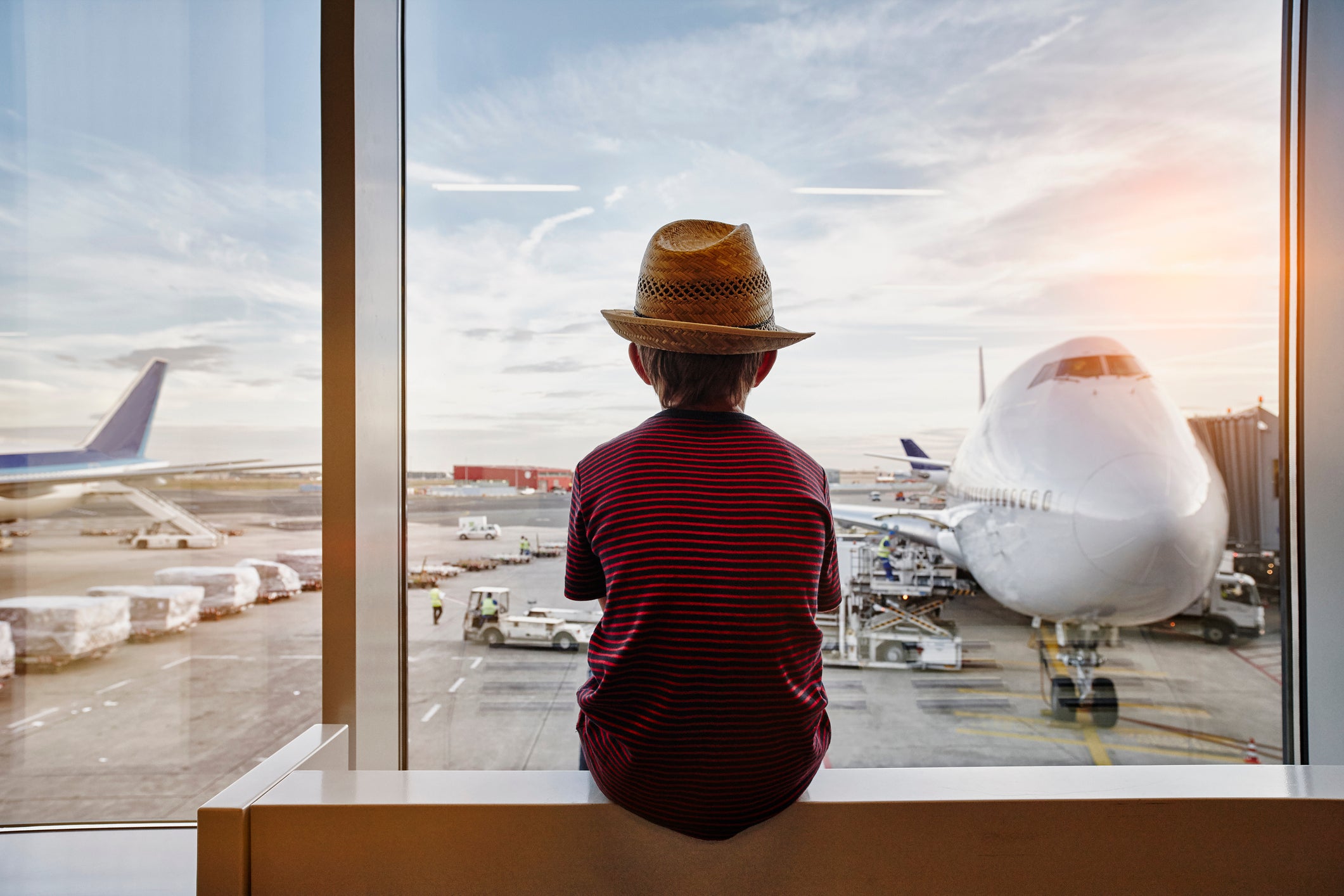
How to find travel deals
Flexibility is key when it comes to finding cheap airfare any time of year.
Changing your arrival or departure date by a single day can save you hundreds of dollars on airfare. If you don’t mind altering your family’s plans slightly, consider booking travel directly on major holidays like the Fourth of July, Thanksgiving and Christmas for cheaper prices and thinner airport crowds.
One of our favorite tools at TPG for finding deals is Google Flights. You can use the search field to find the cheapest (or best) flights. Google will also give you a historical view of how prices have ranged and will even send you email alerts if fares jump or drop on specific routes you’ve selected.
It also has some fun tools you can use to find a cheap destination. By clicking the “Explore” button on the sidebar and putting your departure airport, Google will give you a map or list view of the most wallet-friendly destinations.
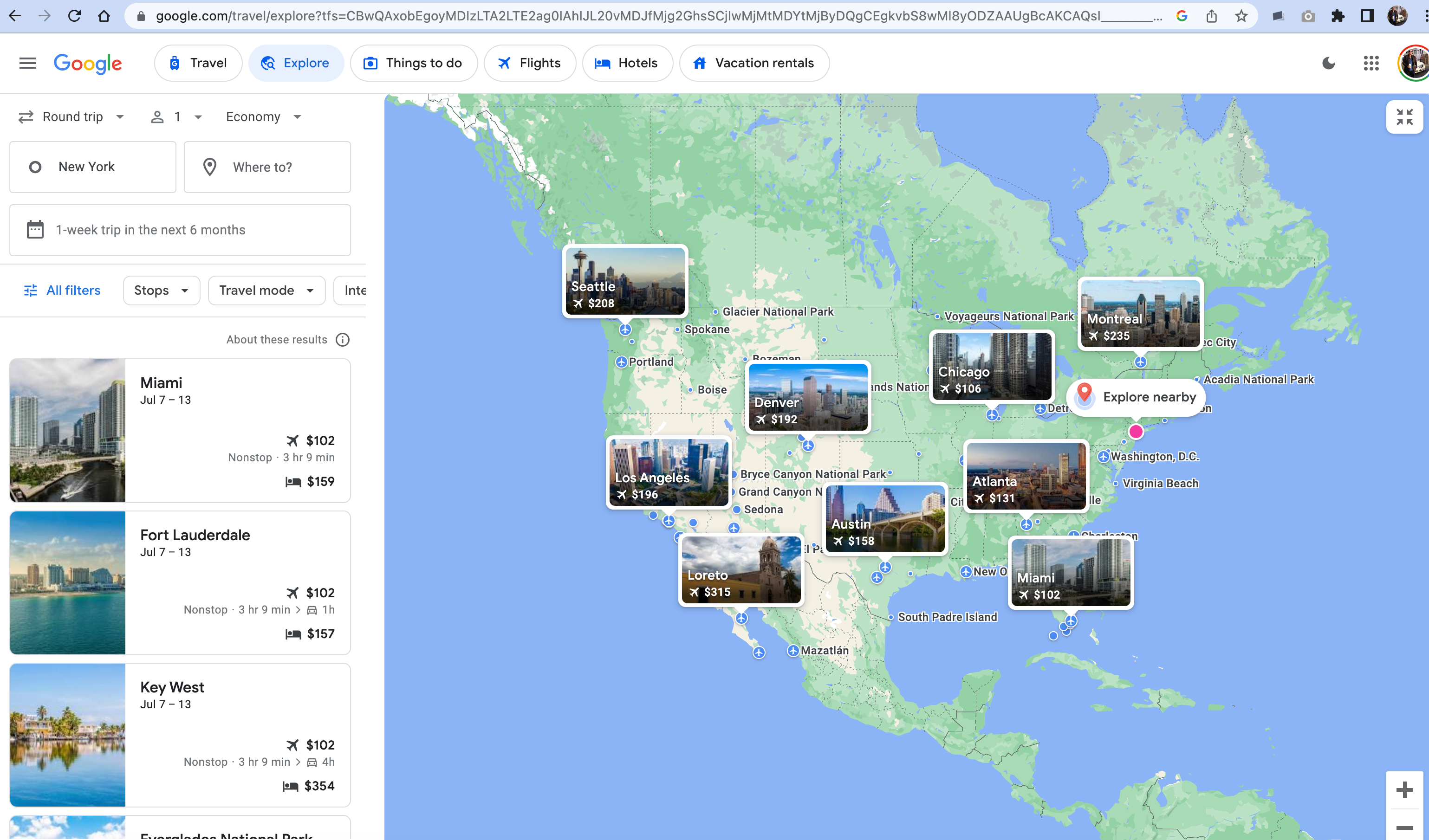
However, Google isn’t the only place to find deals: TPG publishes regular deal alerts. You can sign up for Twitter alerts and subscribe to our daily newsletter for the latest deals news.
Don’t sleep on mileage awards, either. If you’ve been hoarding miles during the pandemic, it’s time to spend them. Cash prices are high, so it can be a good time to burn those miles.
No matter how much you think you know about redeeming miles for flights, there are always new tips and tricks for turning those earnings into dream trips. Turn to TPG for guidance on sweet spots for redemptions. Sites like ExpertFlyer (part of Red Ventures, like TPG) supply additional redemption ideas or even business class upgrade inventory.
You may even want to consult a travel agent to get access to special deals that aren’t available anywhere else. Travel agents can sometimes get you extra perks at hotels or even cheaper business-class airfare to your dream destination.
Be your own best advocate
Since there are air traffic controller and pilot shortages, airports struggling with staffing in some areas and little room for error in the system these days, travelers have to be their own best advocates.
There are ways to get ahead of any possible travel nightmares.
First, be smart when booking. Try to find a nonstop flight rather than one with connections, even if it costs a little more. You’ll eliminate the risk of missing connections and lessen the chance of having your luggage go in a different direction than you during a transfer.
You could also take one of the first flights of the day, as those are least likely to face afternoon thunderstorms and most likely to depart on time. Read our article 5 reasons to book the first flight of the day for all the data.
Related: Your flight is canceled or delayed – here’s what you should do next
Download your airline’s mobile app to keep track of potential flight delays in real time. The airline app is a secret weapon in case things go wrong. Not only will you know when boarding starts, but you’ll also learn of any delays first. Some airlines allow you to even rebook yourself in the app.
If your flight is canceled, you’ll want to beat everyone else on your flight who is also looking to get rebooked.
We recommend heading for the customer service desk (or lounge desk if you have access). You could also get on the phone with the airline or contact them via social media if there’s a delay. Sometimes, an airline’s Twitter representative will help you faster than a phone or in-person agent can. You have to use every tool at your disposal when things go south.
Many airlines also now have live chat capabilities to help navigate delays and cancellations.
I always have an alternate plan (or two) in the back of my mind in case a flight gets canceled or delayed. I also look to see what other airlines are flying the route I’m booked in case something goes awry. This way, I’ll know what to ask for if I need to be rebooked.
Also, save all the receipts for the expenses you incur during delays or cancellations. You’ll want excellent documentation in the case of meltdowns like the one Southwest passengers experienced during the holidays.
If you’re stuck at an airport for an extended period, seek out your airport’s secret quiet spaces for a brief escape from the travel chaos.
Get Global Entry and/or TSA PreCheck
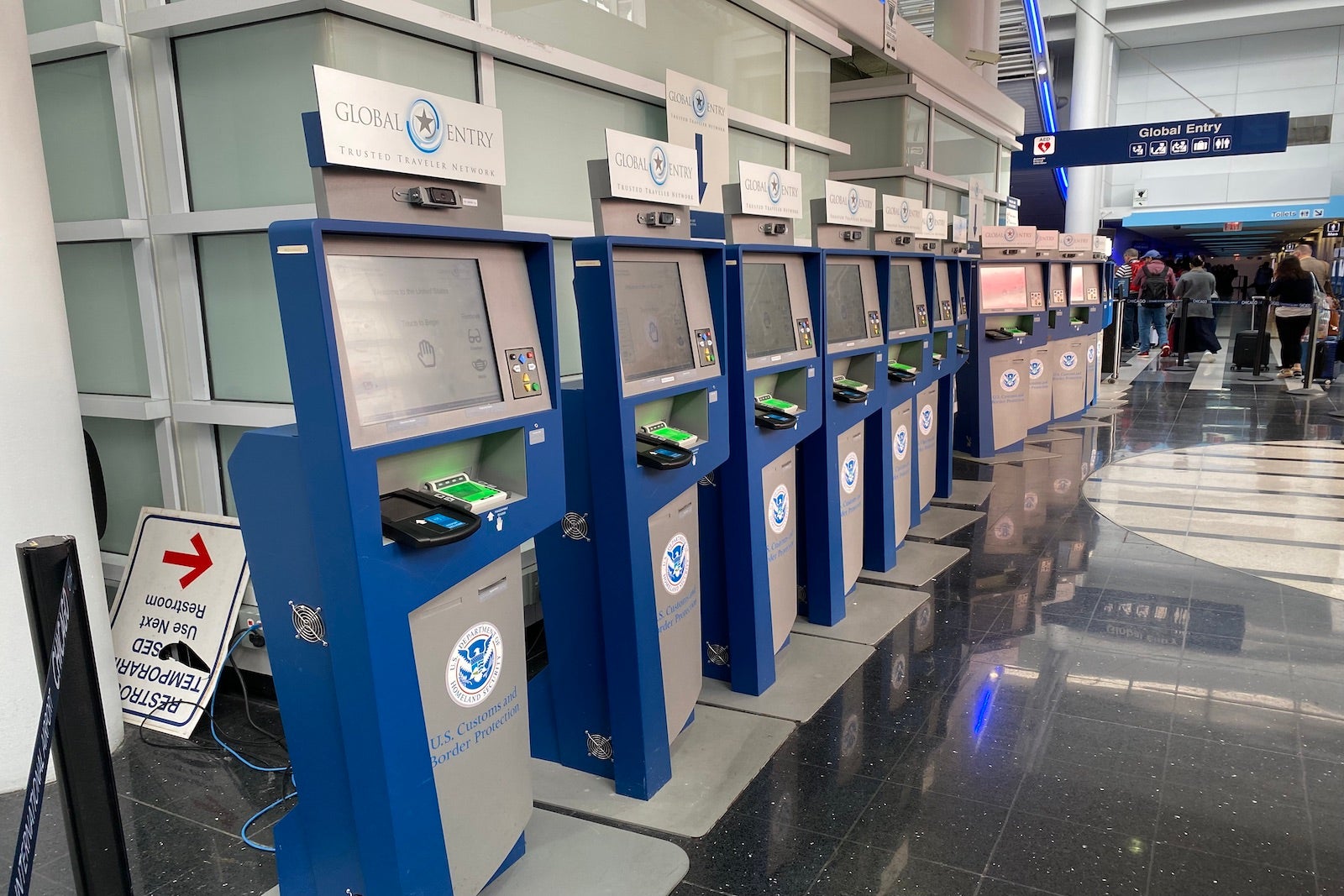
One of our favorite ways to speed through the airport and avoid those summertime mega lines is via Trusted Traveler programs like TSA PreCheck and Global Entry.
Essentially, the government pre-screens you for security and thus you save a bit of time during your travels. You’ll need to apply ahead of time and pay a fee. The great news, however, is that many credit cards will give you a statement credit for these fees. TSA PreCheck is a $78 application fee for five years, and Global Entry is $100.
Related: 7 ways to get Global Entry, TSA PreCheck and/or Clear for free
TSA PreCheck allows you to speed through airport security without removing your shoes, laptops or liquids. With Global Entry, you can breeze through customs when you return from an international trip.
If you have the time, going for Global Entry rather than simply TSA PreCheck makes sense. Global Entry requires an interview with Customs and Border Patrol ahead of time, but once you’re approved, TSA PreCheck will be included.
Get Clear for the ultimate security trifecta
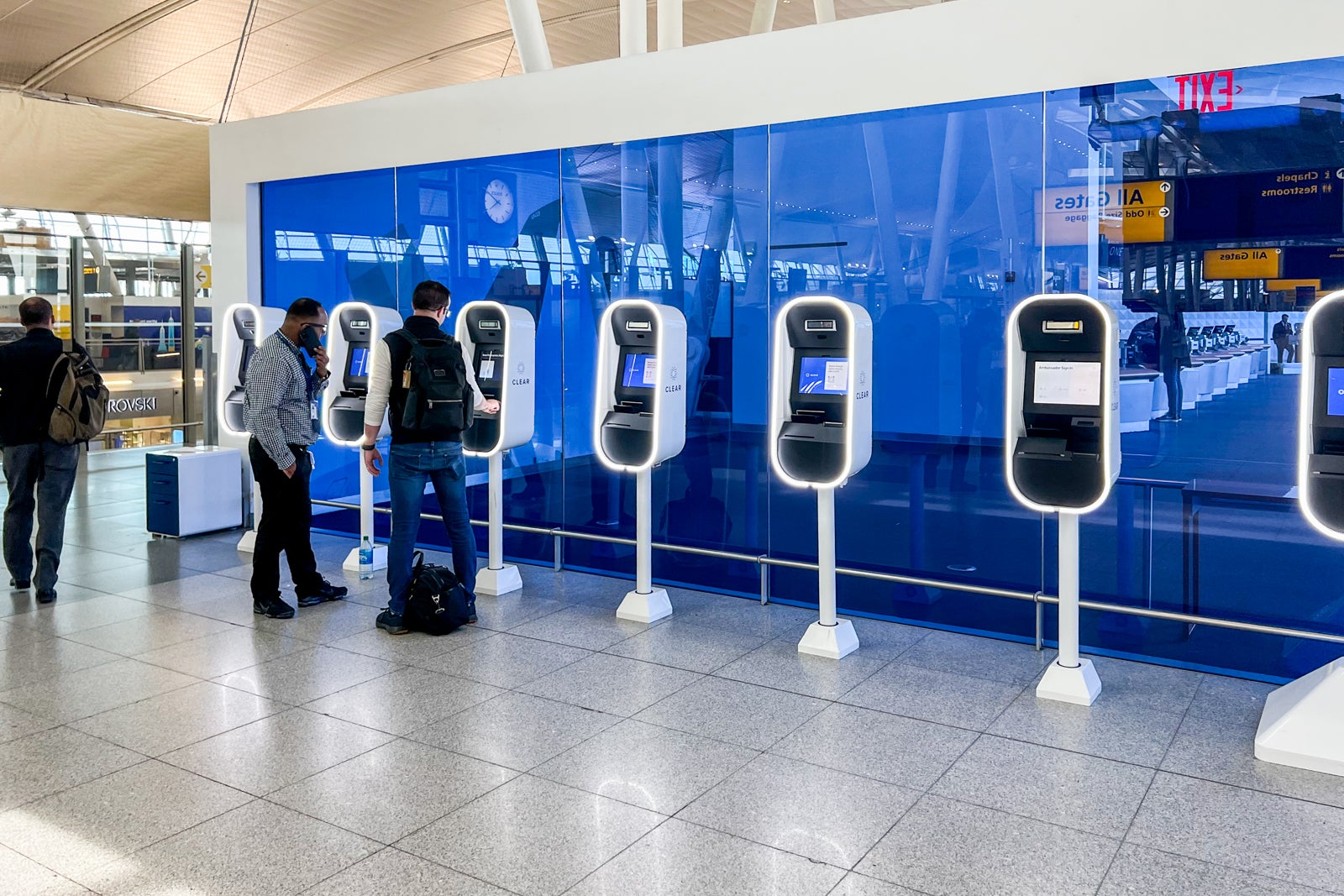
The other security tool we recommend you have in your travel toolbelt is Clear.
Related: Why you should get TSA PreCheck and Clear
The expedited security program allows you to bypass long security lines by using a separate lane at many airports. You’ll approach a kiosk where your identity is confirmed via an iris scan or fingerprint. A Clear employee will then escort you to the front of the security screening line.
A Clear membership combined with TSA PreCheck will enable you to go to even shorter lines at some airports with designated Clear/PreCheck lines. Clear isn’t perfect at all airports where it’s so popular, and there are now long lines (cough, Atlanta). However, it will still generally lead to shorter lines overall.
Related: Guide to using the Amex Platinum Clear benefit
Make copies of your important documents
Make digital and hard copies of all your important travel-related documents. Start by photographing your driver’s license, your state ID and/or your passport.
You should have copies of your IDs in your phone’s library in case you get separated from the actual document. Sometimes, it also helps in a pinch if you are asked for ID and didn’t bring the hard copy. For example, I was recently asked for my ID to enter One Vanderbilt to have dinner at the new American Express Centurion Lounge in New York. The receptionist would have accepted a photograph of the ID if I didn’t have the physical document.
TPG also recommends having an actual photocopy in a separate place. Editor Kristy Tolley says she stores a hard copy in a separate place from where she keeps her passport in case she loses a bag. “I also leave a copy of it at home if I’m traveling alone,” she said.
Check expiration dates
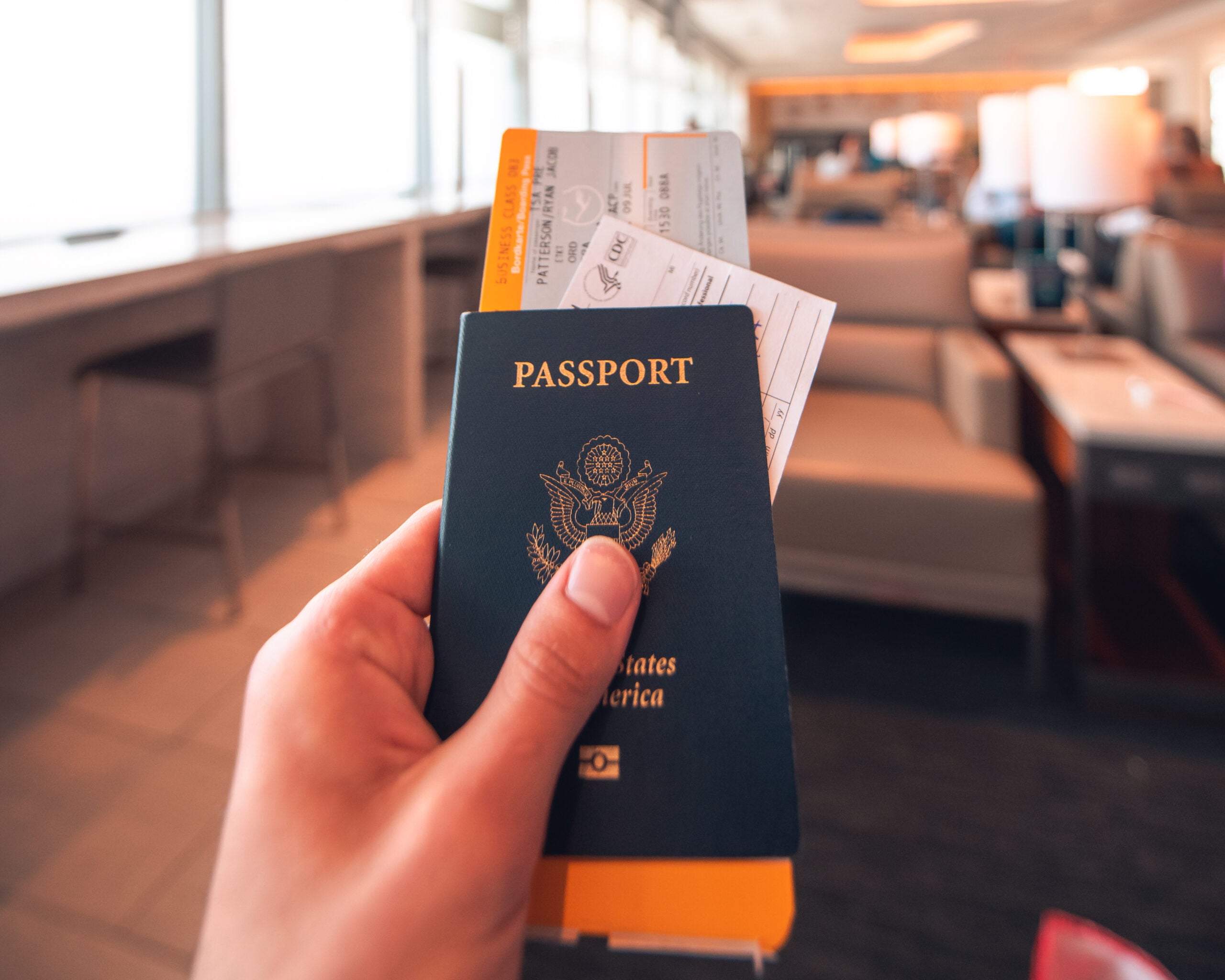
If you aren’t 100% certain of the expiration date of your passport and other travel documents, go check them now. Renewing passports takes time and some countries require six months of future passport validity to allow entry. Remember that child passports expire every five years, which can sneak up on you.
Related: How and when to renew your passport
Double-checking the expiration dates for your driver’s licenses and state IDs is also a good idea. Remember that TSA checks the expiration dates on your documents when they screen you for security. Don’t forget to check the expiration dates for your Trusted Traveler programs like Global Entry, Clear and TSA PreCheck, too. It can take a while to get a Global Entry interview appointment if you need one to renew.
Few things are worse than getting to the front of the security line and realizing the PreCheck mark is gone from your boarding pass.
Finally, check the entry requirements if you are traveling internationally. Some countries require visas that you must acquire before arrival.
Consider travel protection
When booking your travel, try to use a credit card that offers some built-in travel protection. Many credit cards, including TPG favorites like the Chase Sapphire Reserve or The Platinum Card® from American Express, offer this when you use those cards to purchase your airfare and similar.
Related: Best credit cards for trip delays and cancellations
If the coverage offered by your credit card isn’t enough, you might also want to purchase travel insurance. These policies can sometimes go beyond trip cancellations to cover things like medical evacuations. Warning: Read the fine print on any extra policies very carefully to ensure it covers the situations that matter the most to you.
Those who frequently travel abroad may want to consider purchasing an annual travel insurance policy instead of buying one on a trip-by-trip basis. Some TPG staffers purchase annual policies because of the cost savings for multiple trips. Some will find having an annual policy is easier than juggling separate policies or various credit card coverage terms and conditions.
Tips for your luggage
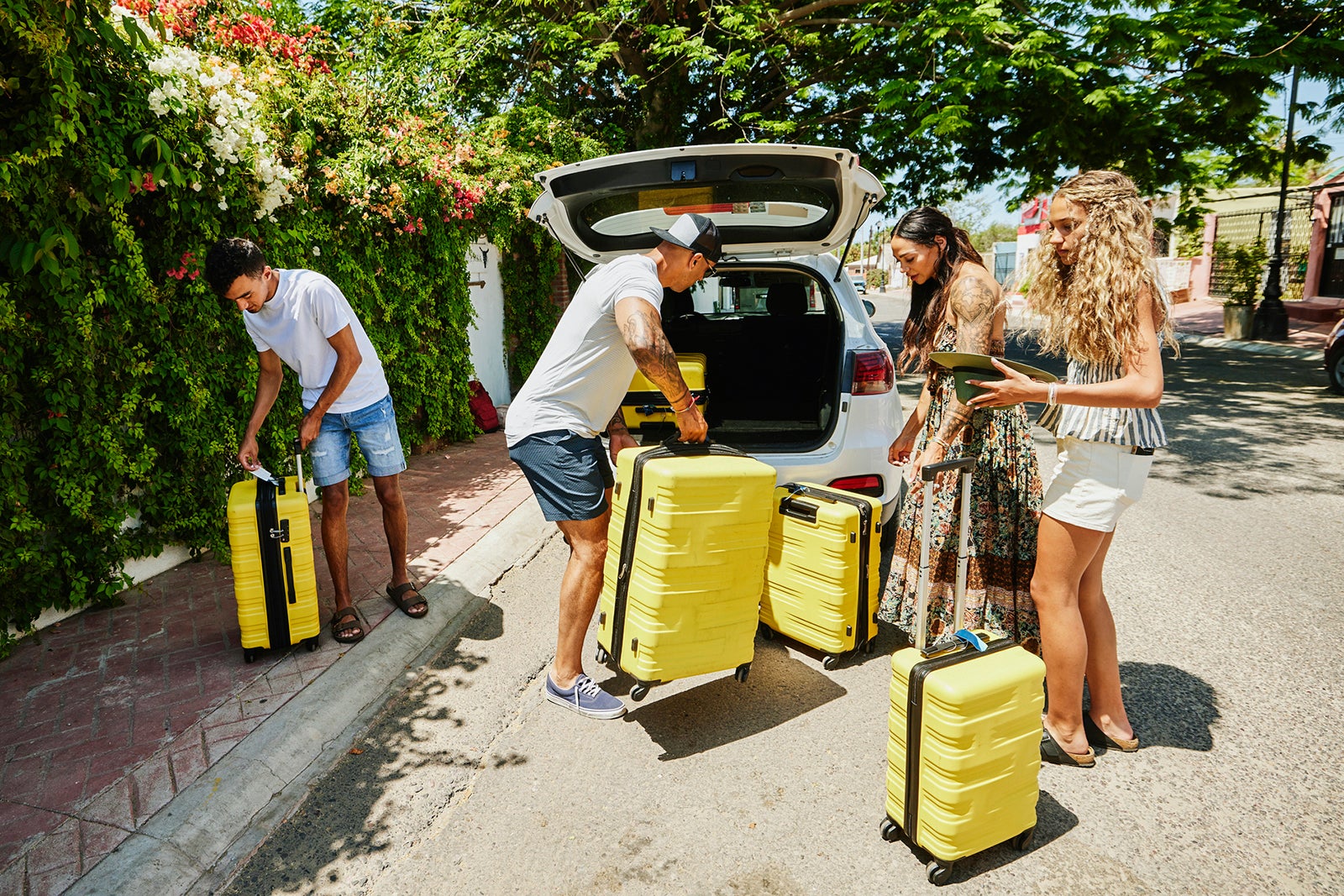
TPG has a ton of tips when it comes to luggage.
First and foremost, try to be on “team carry-on” whenever possible. If you don’t check baggage, you are much less likely to become separated from it. Many of us at TPG refuse to check luggage except under extreme circumstances.
Of course, other folks with families or those embarking on long journeys may still want to check bags. If that’s the case for you, you can still do many things to lessen the chance you get separated from your stuff. For example, make sure your luggage is in good working order, your contact info is attached, the bag is within the weight limits, you get to the airport early (but not too early) to check it and confirm your luggage is tagged to the right destination or connection.
Related: 7 tips to keep the airline from losing your luggage
After last year’s baggage delays and luggage disasters, we strongly suggest you put Apple AirTags (or the Android equivalent) into your luggage so you can track your items if they go missing.
If you check a bag, keep extra medicine or medical supplies in your carry-on bag in case your luggage goes missing or gets delayed. “As a diabetic, I keep a tiny emergency kit in my backpack with enough supplies to keep me going in an emergency,” TPG writer Tanner Saunders said.
Former TPG credit card writer Ryan Smith also offered words of advice regarding luggage. “The last items you pack in your carry-on will be most accessible, so use this for your passport, ID, ticket, headphones or whatever else you need during the trip,” he said. By making sure those items you’ll use most are easiest to reach, you’ll save yourself the hassle of having to dig around (or partially unpack) your bag to grab what you need.
Finally, be sure and get compensated if your bags are late or lost. Many airlines will give you points or even cash for delayed bags, and the government has rules on compensation if your bags are lost.
Staying safe on your journeys

From potentially getting robbed while on the road to experiencing bad weather or natural disasters while traveling, there are many scenarios that could arise when you’re away from home.
To mitigate those risks, pay attention to U.S. Department of State warnings about a destination you plan to visit and check local sources for the latest news from that country or region for additional context. Although the State Department tends to err on the side of caution with its warnings, it’s still best to be aware of what you may face during your trip.
Also, know the local number in case of emergencies. In many places, including Mexico and much of Europe, if you dial 9-1-1 on your cellphone, you will be connected to emergency services just like in the U.S. However, you should know the local emergency numbers of whichever country you visit.
Let people at home know your itinerary and stay in touch with them throughout your trip. If something goes amiss, at least someone will know where you’re supposed to be or the last place you visited.
If you’re arriving at night, contact your hotel or home-share host to ask about the best way to get there at the time you’re arriving and the safest ways to travel at night in that area.
Also, be strategic about how you check into a hotel. Some solo travelers request two keycards to imply someone else is on the trip. Giving thought to the hotel room’s security swing bar can also make sense, with some taking steps like placing a hand towel over it to make it harder to dislodge from the outside.
Some final tips
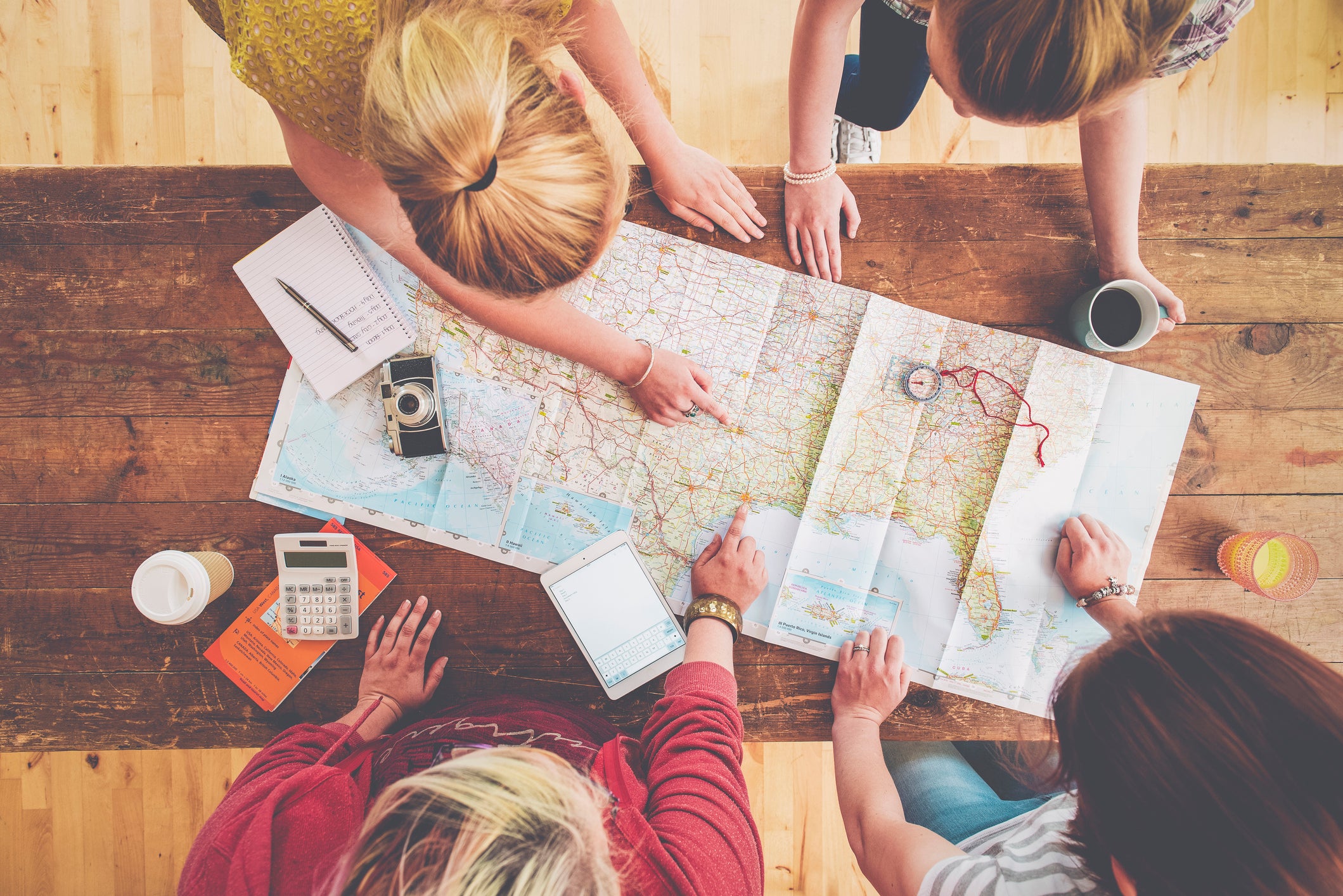
- For cruisers, TPG principal cruise writer Gene Sloan suggests arriving in port at least a day in advance (if not several days ahead of time). This will eliminate the risk of missing your ship’s departure time and help you get acclimated to the local time zone.
- When taking road trips to out-of-the-way destinations, go old school and bring paper maps with you or download offline maps from Google. Using a paper map or an offline version means you always have a way to navigate around your chosen destination, even if you lose cellular service.
- One other note, you should reserve airport parking ahead of time during peak travel times. Some airport parking areas fill up fast around holidays, so reserving your spot ahead of time will save you from wasting time looking for a space when you need to catch a flight. You can also sometimes save by booking online in advance, too.
Bottom line
Whether you’re fresh to the world of traveling or a seasoned expert, you can always learn new tips to maximize your time away from home. The more research and preparation you do before your trip, the better your experience will be — especially if things go wrong, as they sometimes do.
Some of our favorite tools are deal alerts, Google Flights, sign-up bonuses and credit card rewards. Learn those tools and use them for better travel every time.
Remember that these days when things go wrong, you have to be your own best advocate. For more travel tips and tricks, read the stories below.
Related reading:
- Your flight is delayed or canceled: Here’s what to do next
- The best travel credit cards
- The 18 best places to travel in 2023
- 6 real-life strategies you can use when your flight is canceled or delayed
- 8 of the best credit cards for general travel purchases
- Here’s how to get through airport security faster
Additional reporting by Bill Fink.
